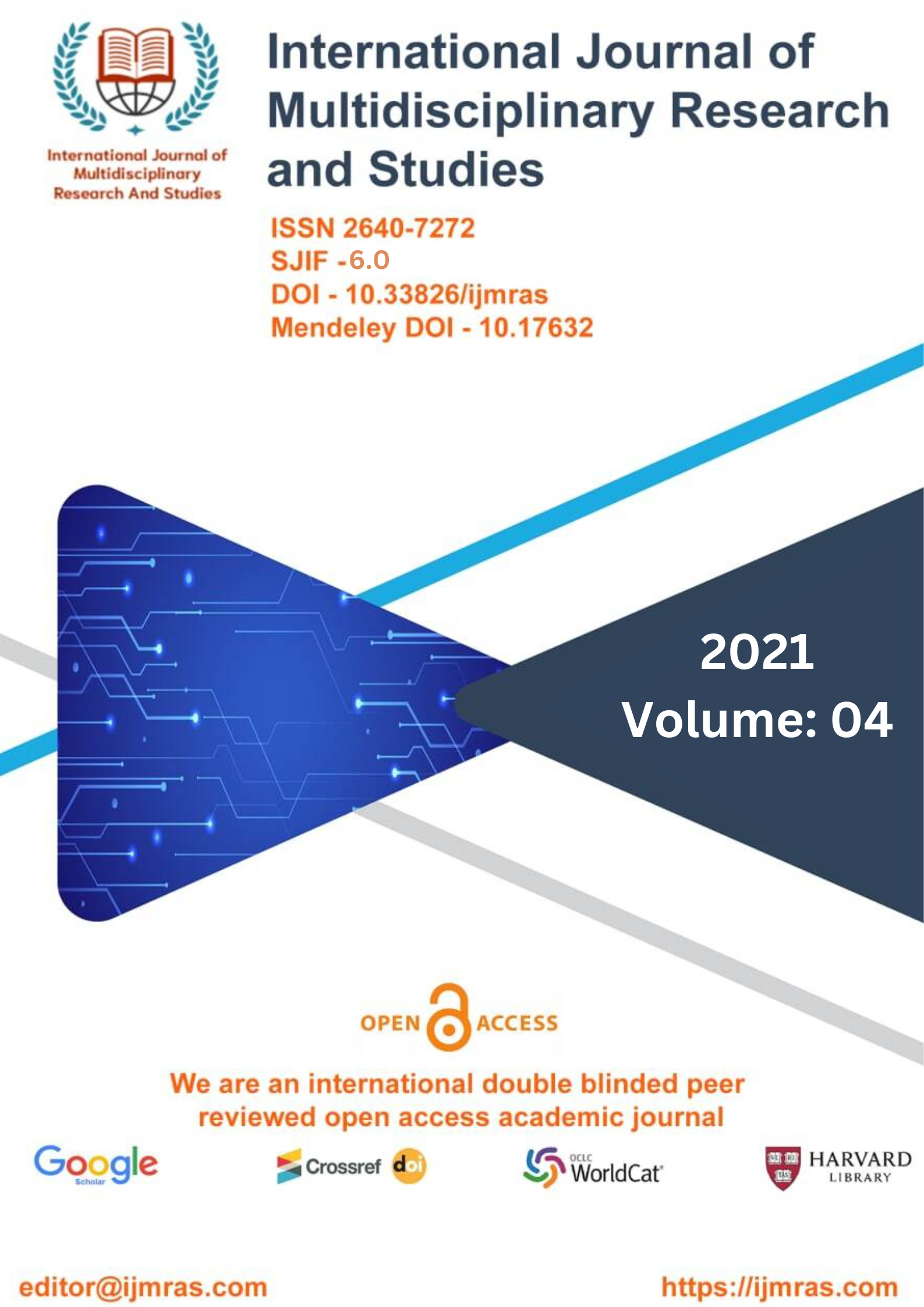Global race, nationality, and gender conflicts desai and adiga works

Abstract
The word "subaltern" refers to individuals or groups who are considered to be lower in rank and status than others due to factors such as race, class, caste, gender, religion, ethnicity, or sexual orientation, amongst other factors. It is a situation or circumstance in which an individual does not have a voice or any agency in the structure of society. As a result, subalterns are located on the periphery of society. Antonio Gramsci, an Italian Marxist historian and political activist, is credited with being the first person to use the term "subaltern." He did so in his article "Notes on Italian History," which was later published in his well-known book, Prison Notesbooks (1919-1935). Gramsci used the term to refer to any "low rank" person or group of people in a specific society who were suffering under the hegemonic domination of the ruling power. The critical field of study known as Subaltern Studies first set out with the intention of rereading colonial historiography in a manner that went against the grain, and it eventually made its way into the territory of postcolonial critique. In the years 1979 and 1980, many historians, including Sahid Amin, Dipesh Chakrabarty, Partha Chatterjee, David Arnold, David Hardiman, Gyanendra Pandey, and others, came together to create a unique organization known as the Subaltern Studies Group. Ranajit Guha served as the group's head. According to Guha's definition, the primary objective of the organization was "to foster a systematic and informed debate of subaltern topics in South Asian Studies," with the secondary objective being "to remedy elitist prejudice prevalent of much research and academic work" (Guha vii). After the publication of Gayatri Chakravorty Spivak's influential essay "Can the Subaltern Speak?," the term "subaltern" gained a great deal of renown and relevance in the academic community (1988).
Keywords
Race, Nationality, Gender,, HistoriographyHow to Cite
References
Abrams, M. H. (1981). A Glossary of Literary Terms. New York: Holt, Rinehart and Winston.
Gannon, S. P. (2009). Translating the Hijra: The Symbolic Reconstruction of British Empire In India. Ph. D Thesis. University of Alberta.
Ghosh, B. (2018). A Diachronic Perspective of Hijra Identity in India. Sociology of Motherhood and Beyond (107-119). Kolkata: Levant Books.
Goel, I. (2016). Hijra Communities in Delhi. Sexualities, Vol. 19(5–6) 535–546
Goel, I. (2019). India‟s Third Gneder Rises Again. Sapiens. Retrieved February, 6 2020 www.sapiens.org
Lau, L. & Mendes, A. (2019). Romancing the other: Arundhati Roy‟s The Ministry of Utmost Happiness. The Journal of Commonwealth Literature 1 –16
McKinnon, Rachel. (2019). Opinion: I Won a World Some Championship. Some People Aren‟t Happy. New York Times. Retrieved on February, 6 2020 www.nytimes.com
Menozzi, F. (2019). “Too much blood for good literature”: Arundhati Roy‟s The Ministry of Utmost Happiness and the question of realism. Journal Of Postcolonial Writing, SSN: 1744-9855
Nanda S (1990). Neither Man nor Woman: The Hijras of India. Belmont, CA: Wadsworth Publishing.
Patel, A. (2012). India's Shunned Transgenders Struggle To Survive. Reuters, 17 May. Available at: http://in.reuters.com/article/2012/05/17/indiatransgenders-Hijra-idINDEE84G03220 120517 (access on March 20, 2020)
Pettis. (2004). Hijras. LGLBTQ: An Encyclopedia of Gay, Lesbian, Bisexual, Transgender, and Queer Culture
RenneWellek, A. W. (1949). Theory of Literature. London: Lowe & Brydon.
Roy, Arundhati. (2017). The Ministry of Utmost Happiness. Penguin Random House UK.
Siddiqui, I. M. (2018). The Ministry of Utmost Happiness: Roy' Attempt to Represent India's Struggle with Social Issues. Journal of Research in Humanities and Social Science Volume 6 ~ Issue 6 (2018) pp.: 21-24
Stief, M. (2016). The Sexual Orientation and Gender Presentation of Hijra, Kothi, and Panthi in Mumbai, India. Arch Sex Behav
Young, Robert J. C. Colonial Desire: Hybridity in theory, culture and race. New York and London: Routledge, 1995. Print.
License
Copyright (c) 2021 MD YASIN

This work is licensed under a Creative Commons Attribution 4.0 International License.
Individual articles are published Open Access under the Creative Commons Licence: CC-BY 4.0.




